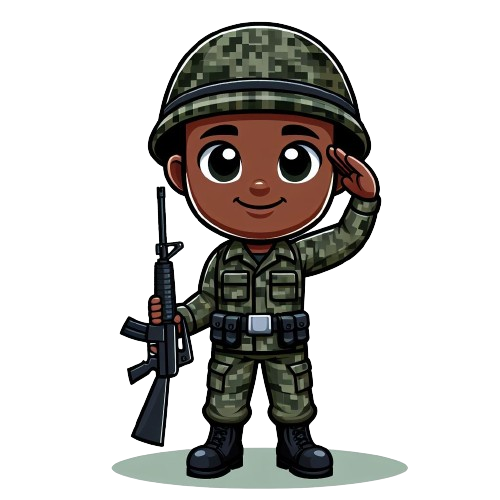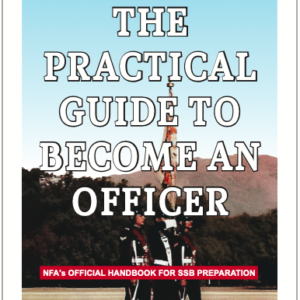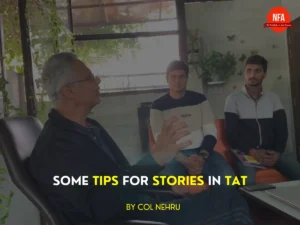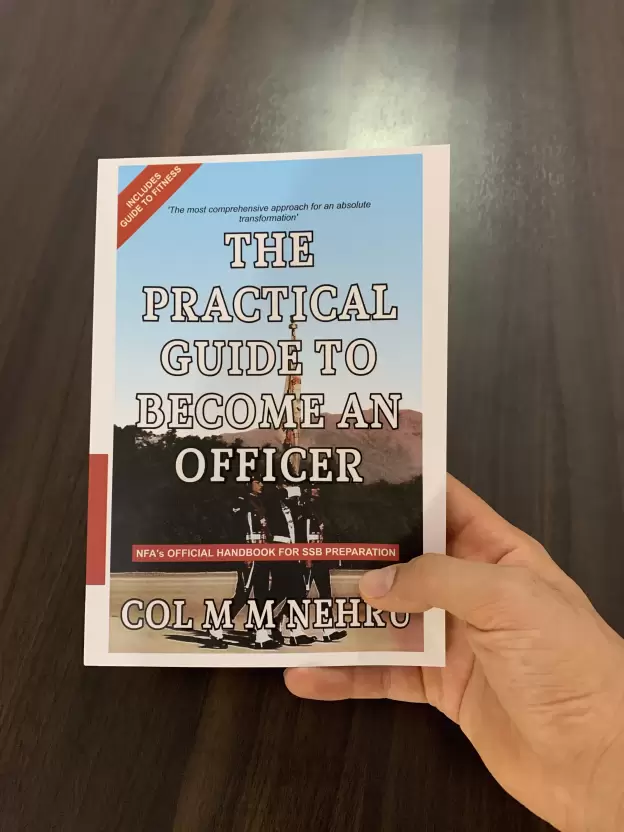When we join a new setup, certain things immediately strike us as different from what we are used to. We can either make a note to change things that appear not okay, or make efforts to effect those changes straight away. I joined 23 PUNJAB in December 1998. Capt Sanjay, a former cadet of mine at NDA, had been the ADC to Gen Bindra, our GOC in Sikkim. He was my important link in 23 PUNJAB and also the leader of the junior officers, which was a great help.
A Warm Welcome
On my first evening in the unit, 4-5 youngsters, led by Capt Sanjay, took me to a meal at a “dhaba.” I could sense their energy. They were hungry for success and eager to elevate the battalion’s standards. They needed guidance, and I felt ready to lead them, even as the Second-in-Command (2IC).
23 PUNJAB: Quite Different from 20 PUNJAB
23 PUNJAB was quite different from my previous unit, 20 PUNJAB. Here are the major aspects that set them apart:
Ultra-Safe: No PT!
On my first day, I found that PT (physical training) had been canceled due to foggy conditions that posed a risk of accidents. I immediately spoke to the CO and got his approval for alternative arrangements for PT without risking exposure to road traffic. From that point on, PT sessions would no longer be canceled under my watch. Where I am in control, PT will continue!
Free-Hand
Our CO was a rather meek person, but we got along well. He gave me a significant free-hand in preparing and participating in professional competitions, unit training, and administration. For the first time in my career, I had the opportunity to plan and execute things at this level with considerable time and stability.
Being Bull-dozed by Higher HQ
At Brigade HQ, the staff was accustomed to bulldozing their way through the unit. I gradually put an end to that. For example, 23 PUNJAB is known for two things: the Laungewala Battle and the story of Baba Harbhajan Singh. A local journalist interviewed my CO, who told him about Baba Harbhajan Singh’s story. It was later published on the front page of The Tribune, which led to questions being raised in Parliament. Army HQ was soon questioning us about the issue.
It was customary for our CO to leave such matters to me. I handled it by saying that the CO had a casual chat with someone he didn’t know was a journalist, and so should not be held accountable for an act of commission. About a week later, I received a call from a Colonel at the Corps HQ, who asked me to come and help draft a response. I refused and told him that this issue had already been addressed by the Amritsar Division GOC. I also made it clear that he should never contact me on official matters again. Within minutes, I updated my Cdr about what had happened. This led to the realization that they could no longer extract favors from us, officially or otherwise.
No Company Fund
In 20 PUNJAB, we were highly “Atmanirbhar” (self-reliant) and generated funds at the company level. I had been skilled in generating funds through various means. In contrast, 23 PUNJAB had no concept of company funds. Money was provided to the companies from the battalion’s regimental fund. I quickly saw the benefits of this system, realizing it kept the unit much cleaner and less prone to unethical practices.
Improving State of Funds
CSD (Canteen Stores Department) profit was the main source of battalion funds. Jalandhar station had a large number of ex-servicemen, which contributed to good sales and profits. The pipe and jazz bands also brought in some profit. I expanded the soda water factory, adding multiple flavors to our offerings.
Improving Quality of Food/Rest for Cooks
To enhance the quality of food, I implemented a plan for central procurement of ungrounded condiments. The bulk handling and procurement reduced costs, and savings were used to add items like Soya products, vermicelli for sweets, and tamarind for chutney. We also created portable “tandoors” for the companies to prepare tandoori roti on designated days. The cooks were given Sundays off, with other personnel taking over their duties.
Improved Standard of Training
By setting tough fitness standards and emphasizing shooting, knowledge, and overall physical performance, the unit’s training standard gradually improved.
Cross-Country and Shooting Competition
In an inter-company cross-country competition and an officers & JCOs shooting contest, I participated and emerged victorious. Losing in shooting was acceptable, but it was a huge embarrassment for the younger officers to lose to a 39-year-old like me. It was a wake-up call that energized them.
Attack Exercise
During a Division-level attack exercise, I got the opportunity to command Charlie Company, the leading assault company. While other battalions moved cautiously, we executed the task much faster. The Cdr selected our battalion to lead the assault, and despite attempts by umpiring staff to undermine our performance, the battalion performed admirably.
Kargil War: May 1999
The Kargil War resulted in our deployment south of Amritsar for over four months. Some interesting incidents occurred during this period:
Camouflage: We were tasked with camouflaging our defenses so well that even the GOC flying overhead couldn’t detect our troops. However, when the GOC inspected the area, he was surprised to see that we hadn’t erected many tents, with supplies stored in vacant school buildings and sheds. No camouflage was needed!
Don’t Drown in Sukar-Chak Nala! Many border villagers were leaving their homes due to fears of the conflict. I advised them to stay put, as we were there for their protection. I stopped one Sikh gentleman who was leaving for the rear and warned him, “Khyal rakhin, Sukar-Chak mein na doob jayin!” (Be careful, don’t drown in Sukar-Chak Nala!)
Pakistan Will Not Attack! I addressed villagers of Wan and Rajoke, assuring them that we would protect them. The Sarpanch of Rajoke asked me to reassure them that Pakistan would not attack. I refused, reasoning that if even the Home Minister couldn’t make such a promise, neither could I.
Our deployment gradually reduced, and I found a suitable person to command all the troops on the border before returning home to a permanent location.
Important Incident
In the early days of our deployment, a serious incident occurred. A Jawan from Alfa Company ran away with a carbine and ammunition intending to commit murder. I was the officiating CO at the time and was located 20 minutes away from Alfa Company. By the time I learned of the incident, it was already late afternoon. I kept the officiating commander informed of my efforts to recover the soldier and the weapon. After some advice from him, I suggested informing the GOC. Though annoyed, he didn’t give any further advice. Ultimately, the soldier was apprehended, dismissed from service, and sentenced to one year in civil jail.
Move to Arunachal Pradesh
I spent just a couple of months at the permanent location in Jalandhar before preparing to move to Arunachal Pradesh as the OC of the advance party in the summer of 2000. More on my tenure in Yangtse will be shared in the next blog.

Col. MM Nehru
While in the Army as a Colonel, Judged Reality Show, “Mission Army-Desh ke Rakshak” of National Geographic in 2011.
Selector for Defence Services at 17 SSB, Bangalore.
SPORTS & FITNESS RELATED EXPERIENCE: Trained Services/ national/international level boxers. Trained Services athletes.
Top level Tennis player in India (above 55 years age category).









